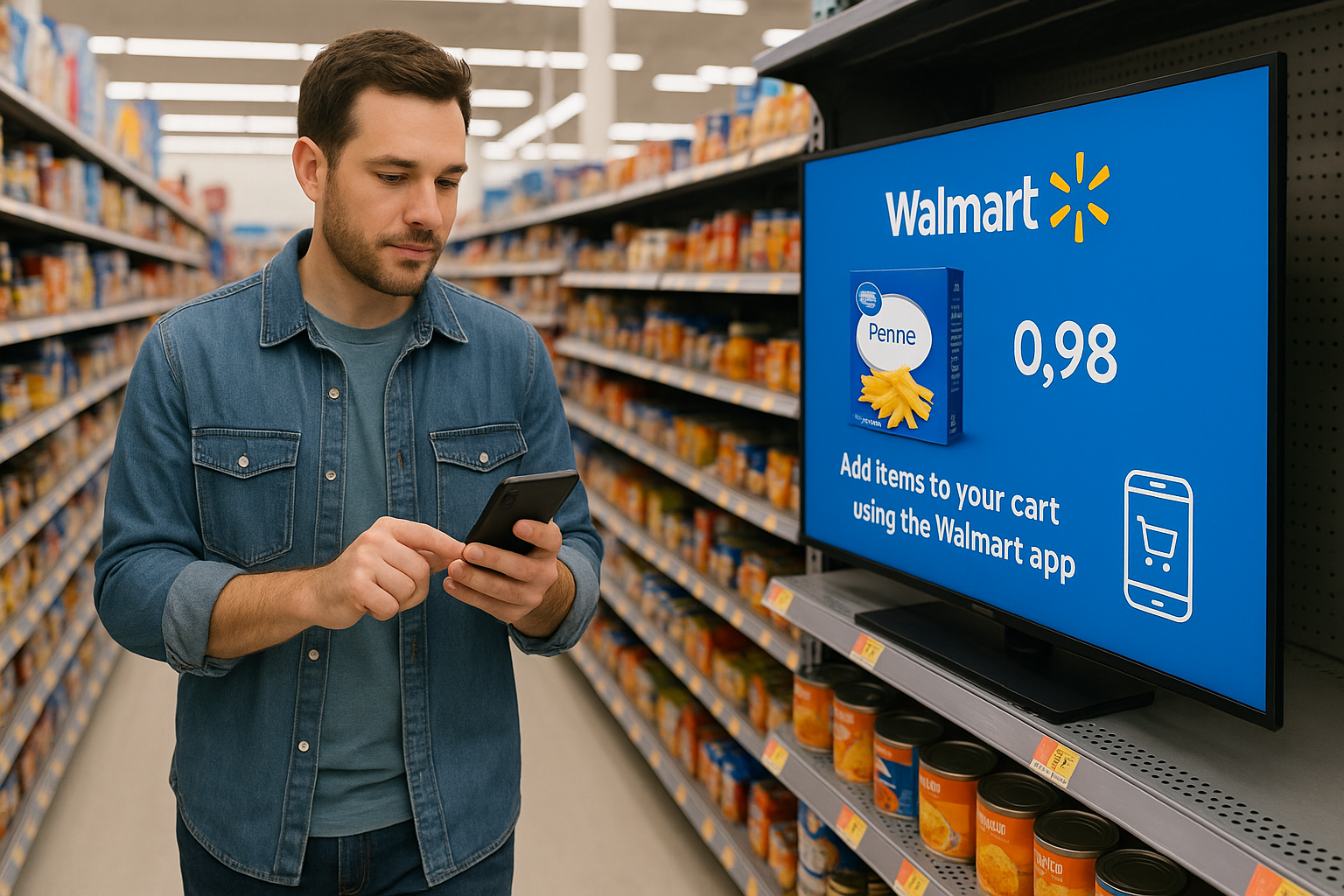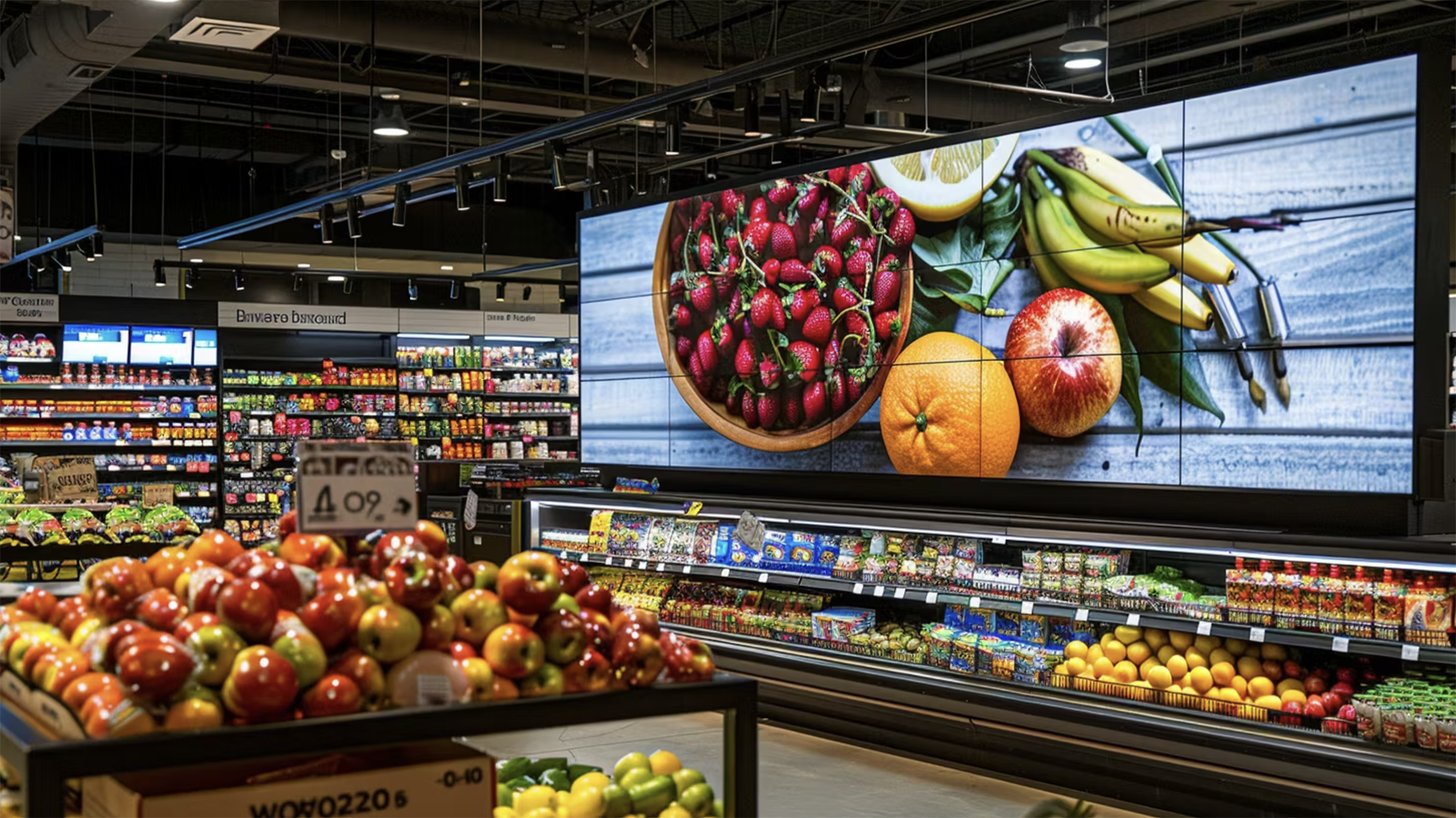Ahold Delhaize Q2: Strategic Shift in Private Label and Store Optimization to Drive Future Growth

At a Glance
- Ahold Delhaize’s U.S. sales fell to €13.6 billion in Q2.
- Private label growth surged 30% via promotions and personalization.
- 65% of grocers see private labels as key to profitability.
- Enhanced e-commerce profitability through DoorDash; retail media streamlined with Placements.io.
Ahold Delhaize, the food retailer, saw a dip in US net sales for Q2, with sales reaching €13.6 billion in its second quarter. The decline was driven by calendar shifts (Easter, Fourth of July) and the FreshDirect divestment, which impacted both Q1 and Q2. Ahold Delhaize's chief executive highlighted the revitalized strategy at Stop & Shop, focusing on three pillars: enhancing customer value, improving cost structure, and optimizing the store portfolio. Pharmacy sales saw growth, but digital sales declined 2.9%, following a 10% drop in Q1, due to vendor allowances and cost control actions. FreshDirect's divestment will lower 2024 U.S. net sales by $600 million.
Key Highlights
Private Brands
Ahold Delhaize's private label growth has surpassed 30%, driven by promotions, loyalty programs, and app digitization. The "Compare & Save" campaign highlights the value of own-brand products versus national brands. This growth is supported by investments in data and personalized promotions. A Grocery Doppio study found that 83% of grocers agree personalization is key, and 77% believe improving personalization boosts sales. This aligns with Ahold Delhaize's strategy, where customized promotions and recommendations are contributing to increased private label volume, outpacing national brands.
As per our recent study by grocery doppio, 65% grocers believe improving private label brands is the most important path to improve profitability.
Retail Media Networks
Ahold Delhaize has partnered with Placements.io to streamline sales, advertising, and finance operations for consumer packaged goods partners. Research suggests retail media revenue could increase by 13% in 2024, with grocers viewing this as a key growth area. According to Grocery Doppio’s survey, 93% of grocery shoppers are influenced by relevant offers and promotions on products they buy, and 43% of shoppers are more likely to purchase items if they can earn additional loyalty points through deals, further enhancing the effectiveness of retail media.
E-commerce Profitability
Optimizations in the U.S. fulfillment model and a partnership with DoorDash significantly improved e-commerce performance, with orders more than doubling compared to Q1. The shift to more profitable channels, including store-first fulfillment, has been instrumental in driving results. As highlighted by Incisiv’s report, 89% of grocers view optimizing omnichannel order fulfillment as key to boosting profitability. Ahold Delhaize's focus on strategic fulfillment aligns with this industry trend, contributing to the company's enhanced e-commerce profitability in 2024.
Online Sales
U.S. digital sales declined by 2.9% due to vendor allowances, cost control actions, and the FreshDirect divestment. Shrink levels have stabilized through technologies like Eversion and Purcheck. According to Grocery Doppio’s H1 2024 report, although digital sales have slowed, their influence remains strong. Key drivers include digital coupons (82%), product discovery (71%), social media partnerships (69%), and meal-planning tools (63%). Adopting these strategies could further enhance online sales performance, aligning with broader trends in digital growth and engagement for retailers.
Closure of Stores
Stop & Shop will close 32 underperforming stores by the end of the year, while emphasizing a strategy of organic growth and remodeling across the U.S. A prime example of this strategy is the recent opening of the flagship Stop & Shop in Allston, Boston, in June. The store features an expanded produce section with local fruits and vegetables, and a curated selection catering to the diverse cultures in the area. These investments tie into the company's growth model, focusing on customer value through pricing and promotions.
Future Outlook
Looking ahead in 2024, there will be reduced sales in the US segment by $600 million due to the divestment of FreshDirect. The focus would be on improving their omnichannel capabilities and advancing healthy and sustainable initiatives.


.png)



.png)
.png)



.png)


